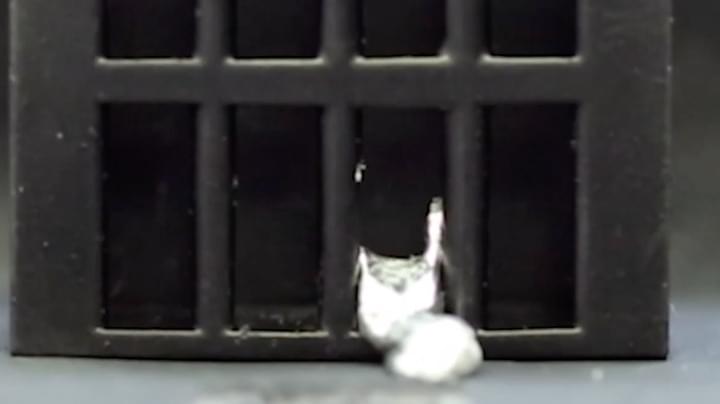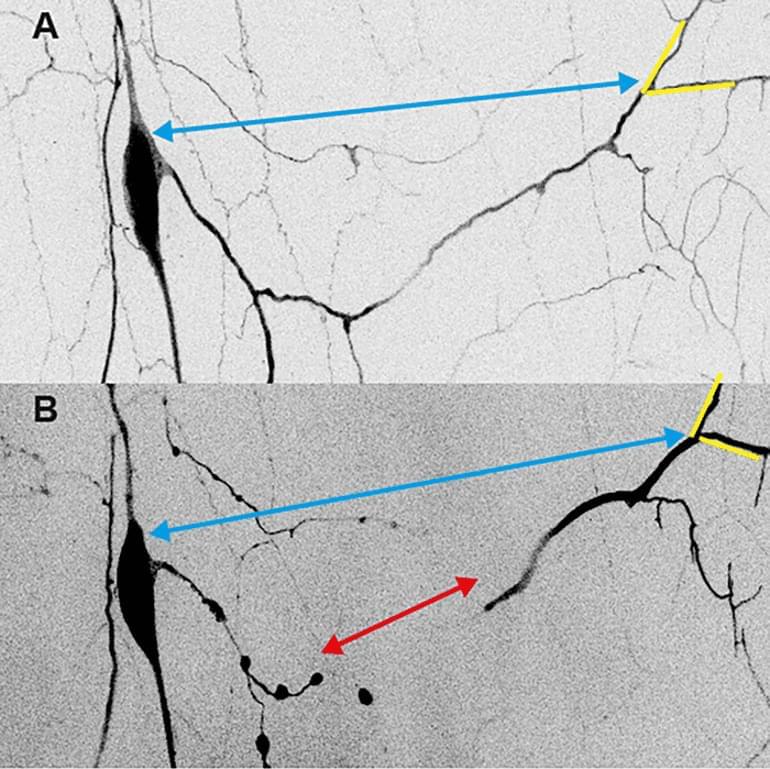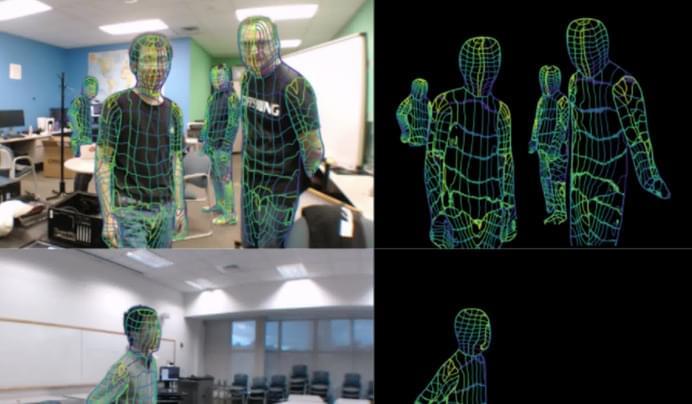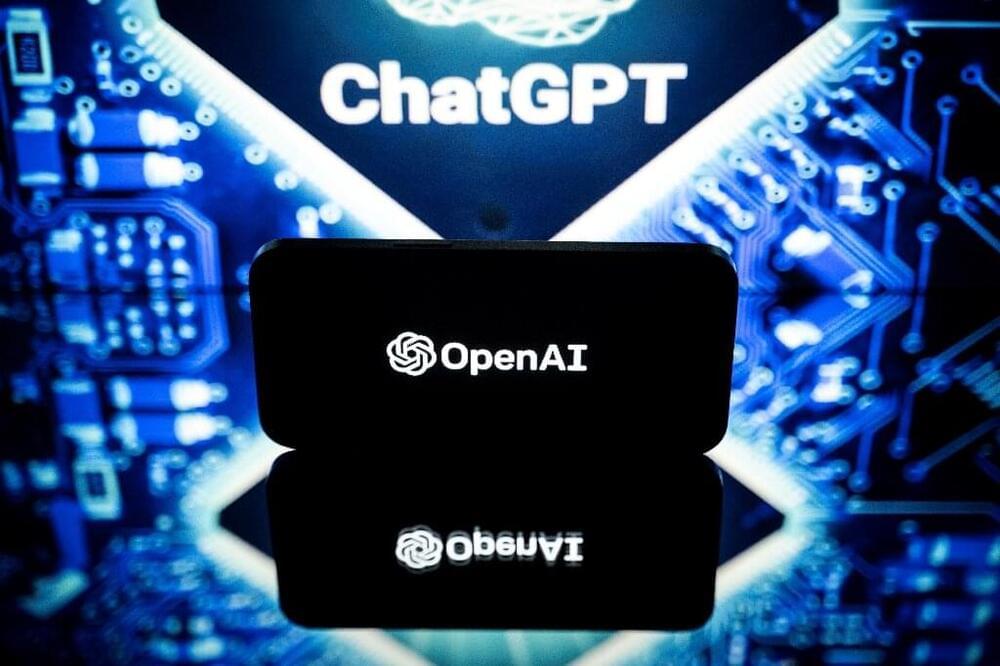According to recent research individuals who use statins, a class of drugs that decrease cholesterol levels may have a decreased risk of an intracerebral hemorrhage. Intracerebral hemorrhage is a type of stroke caused by bleeding in the brain. The study was recently published in the journal Neurology.
“While statins have been shown to reduce the risk of stroke from blood clots, there has been conflicting research on whether statin use increases or decreases the risk of a person having a first intracerebral hemorrhage,” said study author David Gaist, MD, Ph.D., of the University of Southern Denmark in Odense and a member of the American Academy of Neurology. “For our study, we looked at the lobe and non-lobe areas of the brain to see if the location was a factor for statin use and the risk of a first intracerebral hemorrhage. We found that those who used a statin had a lower risk of this type of bleeding stroke in both areas of the brain. The risk was even lower with long-term statin use.”
The lobe area of the brain includes most of the cerebrum, including the frontal, parietal, temporal, and occipital lobes. The non-lobe area primarily includes the basal ganglia, thalamus, cerebellum, and brainstem.








